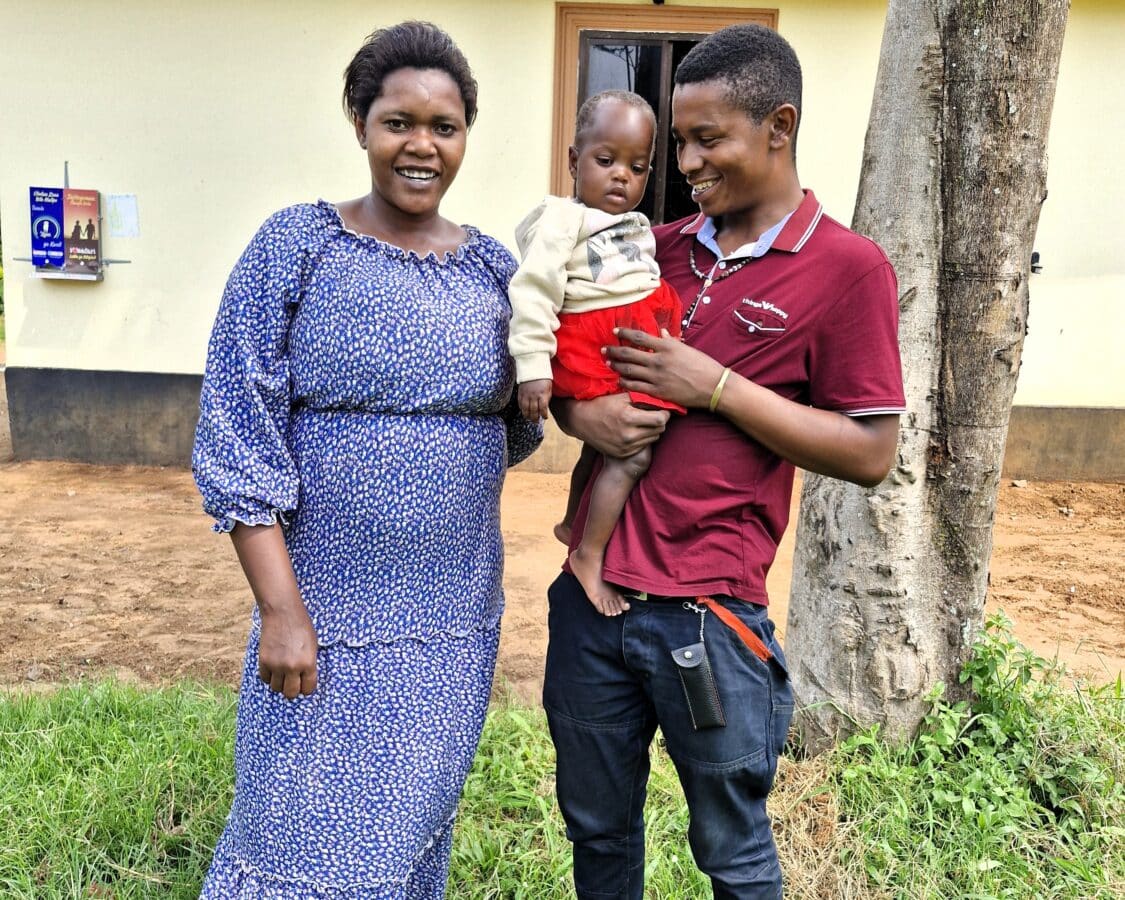In 2023, Nicholaus William, 31, and his partner Johari Musa, 24, were caught in the grips of drug addiction. Their journey towards substance dependency started in 2015 in their hometown in Tanzania’s Mwanza Region. William, who was working as a secondhand clothes vendor, was encouraged by his friends to try heroin. Johari began using in 2017, two years after she completed her primary schooling.
‘’In the beginning, I was just enjoying myself,” William recalled. “I felt warm, and invincible. But unknowingly it was also the beginning of my worst nightmare.”
They quickly became desperate for the money to support their drug addiction.
“Life was very difficult for us,” Musa said. They had to resort to what she termed “dirty work” to find the money to buy drugs: “Petty jobs, stealing, sleeping with other men to get money … Nothing mattered to us. We could not do anything. My sister in-law came and took our children.”
Amid the despair, a glimmer of hope emerged. One day, the couple was approached by a friend who had become a peer outreach worker for ICAP. They were ready to hear what the friend had to say about getting help.
‘’I reached my turning point and suddenly, I felt a desire to live. I was ready to do anything to change my situation,” William explained.
In May 2023, the couple enrolled in an ICAP-supported methadone clinic at Sekou Toure Regional Referral Hospital in Mwanza to begin the healing process.
With support from the U.S. President’s Emergency Plan for AIDS Relief (PEPFAR) through the Centers for Disease Control and Prevention (CDC), and ICAP in Tanzania, the clinic is a lifeline for people in Tanzania’s Lake Zone who are battling opioid dependency. The facility was inaugurated on February 20, 2018, by Tanzania’s Prime Minister Hon. Kassim Majaliwa; today, it has 338 clients actively enrolled. It is the first methadone clinic in the country’s northern Lake Zone, which comprises Mwanza, Mara, Kagera, and Shinyanga regions.
‘’At the methadone clinic in Mwanza, we do not see ‘drug addicts.’ We see human beings worthy of dignity and respect,’’ said Samwel Meshack, MMed, the clinic’s site manager. “We are a beacon of hope for those in the throes of addiction. Additionally, with the support received, the clinic offers opportunities for vocational training and employment.”
With the entrepreneurship training that Musa received at the clinic, she is now able to support their family by making and selling liquid soap after giving birth to the couple’s first child. Together, the couple embraces a new sense of purpose, determined to rebuild their shattered lives together, one brick at a time.
“The Sekou Toure methadone clinic is the first of its kind serving the Lake Zone and its environs,” said Omari Msumi, MD MPH, director of prevention services for ICAP in Tanzania. “In ICAP’s role of providing technical support and resources, we have witnessed remarkable transformations in the lives the clinic has touched, with benefits that extend to families and communities of people in recovery from opioid dependency.’’
About ICAP
A major global health organization that has been improving public health in countries around the world for two decades, ICAP works to transform the health of populations through innovation, science, and global collaboration. Based at Columbia Mailman School of Public Health, ICAP has projects in more than 40 countries, working side-by-side with ministries of health and local governmental, non-governmental, academic, and community partners to confront some of the world’s greatest health challenges. Through evidence-informed programs, meaningful research, tailored technical assistance, effective training and education programs, and rigorous surveillance to measure and evaluate the impact of public health interventions, ICAP aims to realize a global vision of healthy people, empowered communities, and thriving societies. Online at icap.columbia.edu








